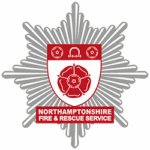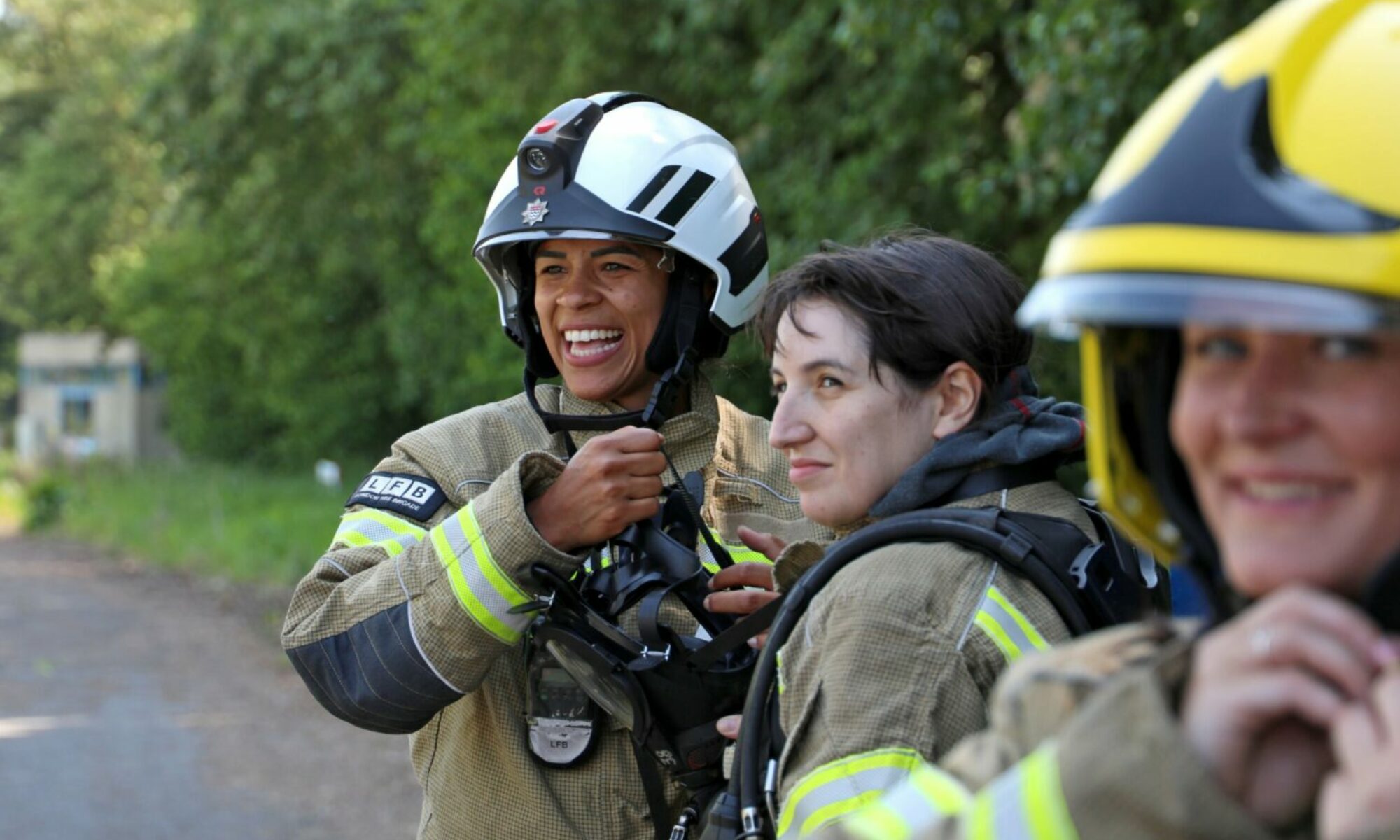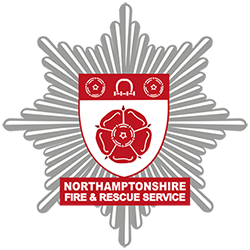
Website NFRS
The Role of Crew Manager Control.
To undertake an appropriate level of command co-ordinating emergency and non-emergency call handling and incident management activities. Supporting and delivering information and advice to internal and external agencies to support operational response. Deliver training and assessments to improve and measure performance and organise and implement practical activities to aid learning and development. Support the Watch Commander (Control) in the management of the Watch, carry out administration tasks and lead a small team when carrying out specific tasks
The post holder will carry out this role through the performance of key tasks and responsibilities as specified in the job description.
Main Duties & Responsibilities
To lead the work of teams and individuals to meet their objectives (WM1)
Plan the work of teams and individuals including planning work on a daily and weekly basis, allocating tasks and duties and setting objectives.
Assess the work of teams and individuals against standards and allocated work.
Providing constructive feedback proactively and on request to your team and individuals e.g. during normal work activity, during debriefs.
Maintain work activities to meet requirements (WM2)
Managing day to day work activities to ensure deadlines and work objectives are consistently met; agreeing objectives on a daily and weekly basis and monitoring progress.
Ensuring all health, safety and security measures are maintained and that working conditions conform to organisational and legal requirements.
Encouraging and supporting suggestions for improvements to working practices, systems and to personal and organisational performance
Manage information for action (WM3)
Gathering required information from a range of internal and external sources
Informing and advising others including responding to enquiries and proactively providing information and advice within own areas of responsibility
Hold meetings, planning, preparing and conducting meetings with small groups of people, setting clear objectives and agendas
Take responsibility for effective personal performance (WM4),
Maintaining competence and developing your own skills to ensure best performance within your role, including ensuring your own health and fitness for work.
Developing and maintaining effective working relationships with colleagues, team members, line managers and external contacts.
Continually improving your performance through self-assessment and proactive action to resolve your development needs e.g. through debriefs and performance reviews
Plan and contribute to the development of teams and individuals (WM5)
Identifying training and development needs for individuals and teams e.g. assessing gaps in workplace performance.
Preparing plans to meet any identified gaps in development and/or performance that are effective and efficient.
Taking part in development activities of both teams and individuals including providing feedback and support.
Assessing improvements in performance of teams and individuals against development objectives including evaluating the effectiveness of your training and development activities.
Investigate and report on events to inform future practice (WM6)
Gathering information from a range of sources which is relevant to support the investigation of an event.
Preparing and presenting the findings and conclusions of an investigation from the analysis of information gathered.
Support and actively promote the objectives of the CRMP and demonstrate a personal commitment to the five principals Core Code of Ethics putting our communities first, Integrity, dignity and respect, Leadership, Equality, diversity and inclusion.
Internal Applicants that have completed a talent conversation and cascaded development objectives that have been signed off by their line manager will not be required to complete an external application but will still be required to complete an expression of interest here.
Internal Applicants that have not completed a talent conversation or not signed off their development objectives will be required to complete the full application process by pressing ‘apply’ below.
Recruitment, Selection and Safeguarding
Northamptonshire Fire and Rescue Service is committed to safeguarding and promoting the welfare of children, young people and adults at risk. All employees and volunteers must share this commitment.
Fire & Rescue Authority roles are listed in Schedule 1 of the Rehabilitation of Offenders Act 1974 (Exceptions) Order and we require all applicants to disclose, at the point of application, any criminal convictions (both spent and unspent) including driving offences, cautions and/or reprimands. Please list the dates and details of any sentences if applicable. The information you provide will be treated as strictly confidential and will be considered only in relation to the appointment for which you are applying (please refer to the guidance notes http://www.gov.uk/guidance/rehabilitation[1]periods for more information).
As part of our safer recruitment process, we will undertake pre-employment checks to verify the suitability of applicants. These checks will include actively seeking and checking references and a minimum Standard level Disclosure and Barring Service (DBS) check. Enhanced level DBS checks will be carried out for roles with direct and unsupervised access to children, young people and adults at risk.
Applicants are also required to inform us of any pending or incomplete investigations of a safeguarding nature that are ongoing, or that arise during the period of application and pre-employment.
Our Fire and Rescue Authority are committed to the rehabilitation of offenders, as such, any risk assessments used for positive disclosures will incorporate both a reasonable and proportionate response.
Vetting
Certain posts will be subject to vetting approval and the appropriate clearance must be maintained for the duration of your contract. Individuals employed by Northamptonshire Fire and Rescue Service that require unsupervised access to police assets (information, systems and premises), must comply with the vetting process. This includes partner agencies who work closely with, or share premises with, the police service. Vetting reassures public that appropriate checks are conducted to assess and manages risk by identifying individuals who work within the service or have access to police assets or identify areas of vulnerability that could damage public confidence in the force. Those checks may include recorded crime reports or allegations, known associations and financial vulnerability. Where appropriate to do so a vetting interview may be considered where information raises questions or doubts about a particular issue.
To apply for this job please visit northantsfire.tal.net.

